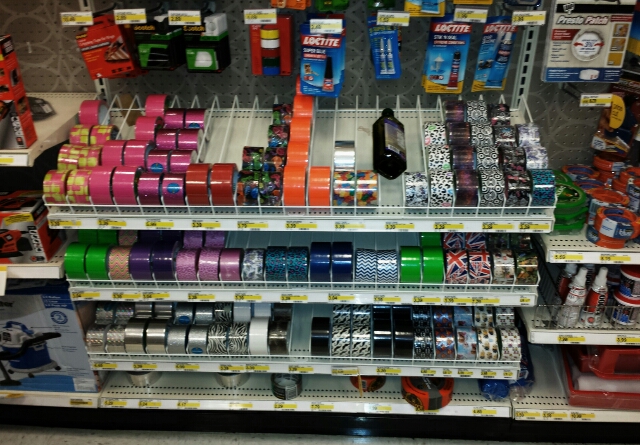The recent controversy over Star 98.7’s decision to drop their morning talk show (since reversed) and try out a new format brings up one of those great mysteries of the ages: Why do so many radio stations play the same small list of songs over and over?
I understand the desire to play popular songs frequently, since it should improve ratings. I know record labels still pay radio stations to make sure their songs get played, even though it’s technically illegal. (They use intermediaries these days, but I don’t think anyone’s fooled.) But it seems to me that there must be a limit to the effectiveness of playing the same song over and over.
Heck, even Star, masters of the binge-and-purge playlist, got pissed off at Ryan Seacrest once when he played the same song 5 or 6 times in a row. This was probably 3 or 4 years ago, and I caught a few minutes of him saying that he didn’t understand what management was so upset about. “They’re always telling us to support the music,” he said.
Is that what it takes? Playing the same songs 10 times a day is OK, as long as no one song gets played 10 times in a row? Even though it takes up time that could be used to play more songs that might, radical as this might sound, get listeners interested in a new artist or album? That they might actually go out and buy?
In the late 1990s there were several LA-area radio stations that would play deep cuts off an album—songs that hadn’t been released as singles—or the album versions of songs that had. All gone. A few years ago, there was a station that had a policy of no repeats between 9am and 5pm. Gone.
Is it just the push toward the lowest common denominator, spurred on by the rise of giant radio conglomerates? (Clear Channel owns a huge chunk of LA radio.) Maybe. There’s a lot more room on satellite radio, and whenever I’ve been in a store or restaurant that plays satellite radio, I start hearing those album cuts and songs other than the Top 40 of a genre.
Of course, the way cable TV has gone—with former niche networks branching out for that lowest common denominator, giving rise to the lament of 500 channels and nothing on—this may be only a temporary renaissance. The same cycle of homogenization seems to hit all media, turning vitality into banality over and over.
